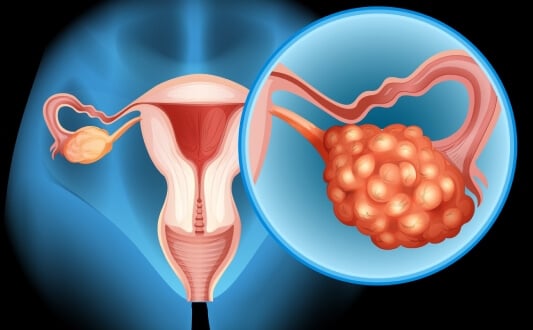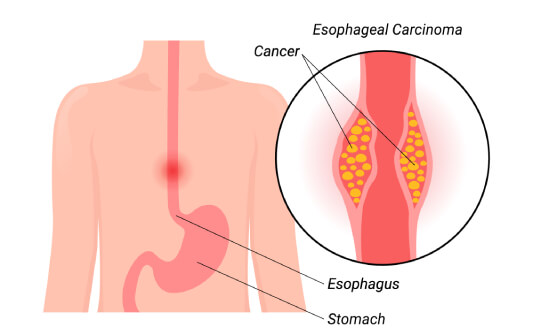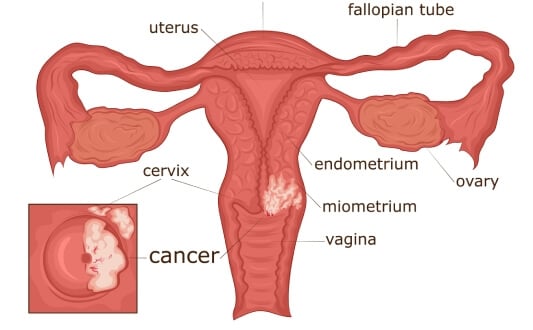Medical Blog About Treatment Abroad
Welcome to our medical blog – it is dedicated to empowering patients with knowledge about global healthcare! We created this platform with the intention to bridge the gap between patients and the medical innovations available globally.
What's Inside: Discover new and rare methods in oncology, immunology, heart surgery, neurosurgery, and other medical fields! Our health travel insights show how medical journeys open new possibilities with advanced treatments unavailable locally, including specialized cancer care abroad.
Who Benefits: This resource is for patients and their families who seek new treatment methods and explore options at leading international hospitals. Those who want to make informed healthcare decisions beyond borders.
Why Read: Booking Health experts provide verified information through patient-friendly articles – they translate complex medical advances into accessible info. Stay current with the latest developments in global healthcare and discover how international medicine can transform treatment outcomes!
Browse our latest articles and take the first step toward better health outcomes!
Latest posts - page 9
 Ovarian Cancer Treatment Options in Germany
Ovarian Cancer Treatment Options in Germany
Ovarian cancer is a significant global health concern, ranking as the eighth most common cancer among women. In 2022, there were approximately 324,603 new cases worldwide, with over 206,000 related deaths. The disease often presents with non-specific symptoms, leading to late-stage diagnoses and a global five-year survival rate ranging...
 Stage 4 Esophageal Cancer: Comprehensive Guide and Treatment Options
Stage 4 Esophageal Cancer: Comprehensive Guide and Treatment Options
Esophageal cancer is a severe and aggressive malignancy. According to oncology research, this disease is often diagnosed late due to its subtle early symptoms, such as difficulty swallowing, chest pain, weight loss, and persistent cough. By the time the disease reaches stage 4, it has spread beyond the esophagus to distant organs such as...
 Comprehensive Guide to Stage 4 Cervical Cancer Treatment
Comprehensive Guide to Stage 4 Cervical Cancer Treatment
Cervical cancer is the fourth most common cancer among women worldwide, with approximately 660,000 new cases and 350,000 deaths reported in 2022. About 94% of these fatalities occur in low- and middle-income countries due to limited access to human papillomavirus (HPV) vaccination and regular screenings. In the United States, an estimated...
 TOP 10 Hospitals for the Treatment of Bowel Cancer
TOP 10 Hospitals for the Treatment of Bowel Cancer
Bowel cancer was seen as a death sentence for many sufferers until recently. Today, pathology is successfully treated thanks to the rapid development of medicine in Western countries. German bowel cancer clinics excel in bowel cancer treatment through their surgical innovation, advanced technology, and interdisciplinary approach.
 PIPAC treatment for peritoneal cancer
PIPAC treatment for peritoneal cancer
Pressurized intraperitoneal aerosol chemotherapy (PIPAC) is a new treatment option for peritoneal carcinomatosis. The technique was developed in 2011 by scientists from the University Hospital of Louisiana, USA. The authors suggested PIPAC as an alternative to HIPEC (hyperthermic intraperitoneal chemotherapy) in patients with peritoneal...
 Cancer Treatment Abroad
Cancer Treatment Abroad
Cancer remains one of the most daunting health challenges of our time. In 2022 alone, nearly 20 million new cancer cases were diagnosed worldwide, and almost 9.7 million people tragically lost their lives to the disease. These figures underscore the escalating burden of cancer - and the glaring disparities in access to quality care. As many countries...
 Liver Cancer Treatment with Dendritic Cell Therapy
Liver Cancer Treatment with Dendritic Cell Therapy
Liver cancer remains one of the most pressing global health challenges of the 21st century. It is the third leading cause of cancer-related deaths worldwide, with hepatocellular carcinoma (HCC) accounting for the vast majority of cases. According to the Global Cancer Observatory, over 900,000 new liver cancer cases were diagnosed in 2022 alone...
 Immunotherapy for Cancer
Immunotherapy for Cancer
Immunotherapy is an innovative method of cancer treatment, and one of the most promising innovations is dendritic cell therapy. This radical approach utilizes the strength of the immune system of the patient to attack cancer and destroy cancer cells. The 2011 Nobel Prize in Medicine, awarded to Ralph M. Steinman as a discoverer...

